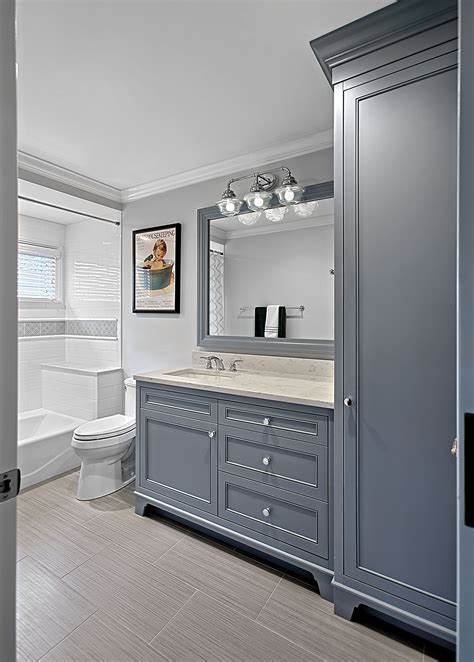The traditional process of selling a house often involves lengthy negotiations, market fluctuations, and uncertainty. However, a less conventional but increasingly popular method is emerging as an effective alternative—selling your house at auction. House auctions provide a dynamic and swift platform for selling property, offering several advantages over the traditional listing route. In this article, we’ll explore the concept of sell house auction, its benefits, and the steps involved in this efficient and engaging process.
Understanding Sell House Auction
A house auction is a public event where potential buyers gather to bid on a property, with the highest bidder securing the purchase. Unlike traditional property sales, which may involve protracted negotiations, auctions offer a more streamlined and definitive approach. Here are some key aspects to consider when selling your house at auction:
1. Auction Types
- Absolute Auction: In this type of auction, the property is sold to the highest bidder, regardless of the final bid amount. There is no reserve price, ensuring that the house will be sold, no matter the outcome.
- Reserve Auction: In a reserve auction, the seller sets a minimum price (reserve) that must be met for the property to be sold. If the reserve price is not reached, the property remains unsold.
2. Benefits of Selling at Auction
- Speed: House auctions often have predetermined dates and times, ensuring a faster sales process compared to traditional listings that can linger on the market for months.
- Certainty: Auctions eliminate the uncertainty of negotiations and prolonged back-and-forth. The highest bidder wins, providing clarity and certainty to both the seller and the buyer.
- Competitive Bidding: Auctions create a competitive environment among potential buyers, often resulting in a higher sale price than anticipated.
- No Contingencies: Auctions typically require bidders to have their financing arranged, reducing the risk of deals falling through due to financing issues.
3. Preparing for a House Auction
- Selecting an Auctioneer: Finding an experienced and reputable auctioneer is crucial. They will guide you through the process, set expectations, and effectively market your property.
- Setting a Reserve Price: If you opt for a reserve auction, you’ll need to determine the minimum price at which you’re willing to sell your house.
- Marketing: Properly marketing your property is essential to attract potential buyers to the auction. This may include advertising in local newspapers, online listings, and through the auctioneer’s network.
4. The Auction Day
- Opening Bid: The auctioneer initiates the bidding with an opening bid, and potential buyers raise paddles or make verbal offers.
- Bidding Process: Bidding continues until there are no more bids. The highest bidder secures the purchase, and the sale is binding.
- Completion: After the auction, the buyer typically signs a contract and provides a deposit. The closing process then commences.
5. After the Auction
- Completion of Sale: Once the buyer completes the purchase, the sale is finalized. This may involve additional negotiations, inspections, and finalizing financing.
Selling your house at auction offers numerous advantages, including speed, certainty, competitive bidding, and the elimination of contingencies. While it may not be the ideal approach for every seller or property, house auctions are gaining popularity as a viable alternative to traditional real estate transactions. If you’re considering selling your house, exploring the possibility of an auction could provide you with a faster and more efficient way to achieve your goals.





















